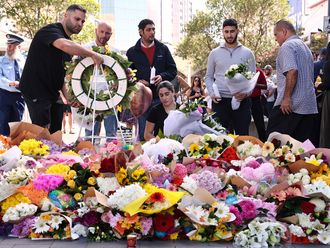2011
July 9: South Sudan proclaims independence from Khartoum after two decades of civil war in which some two million people died. Its capital is Juba, and Salva Kiir is sworn in as its first president.
The new state holds the bulk of Sudan’s oil resources but is dependent on the Sudanese government in Khartoum for infrastructure needed to export them.
Late December: Large-scale ethnic clashes in Jonglei state leave at least 600 dead, according to UN officials.
2012
January 20: South Sudan halts oil output amid an ongoing row with Khartoum over transit fees.
March 26-27: Fierce clashes erupt in the oil-rich Heglig region on the border with Sudan, with each side accusing the other of having started the fighting.
September 27: The two Sudans sign a series of deals on security and cooperation, but do not resolve border issues.
2013
February 18: Kiir orders more than 100 army generals to retire as he restructures the ex-rebel force, the Sudan People’s Liberation Movement (SPLM).
April 13: South Sudanese oil transits again via Sudan, ending a bitter 15-month row.
July 23: Kiir suspends his entire cabinet and vice-president, Riek Machar. A month later Kiir names ex-rebel leader James Wani Igga as his new deputy.
August 27: A probe uncovers 11,000 fake names on the police payroll, with another 16,000 considered suspect, putting half the force in doubt.
November 2: Controversial opposition leader Lam Akol returns home for first time in two years, after receiving a presidential pardon.
December 6: Machar denounces “dictatorial” behaviour by Kiir, revealing bitter divisions within the SPLM.
December 16: Kiir says he has defeated a coup attempt blamed on Machar supporters.











